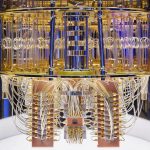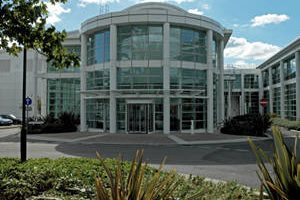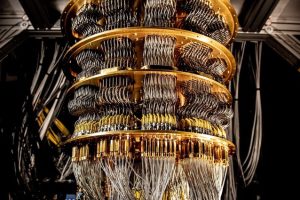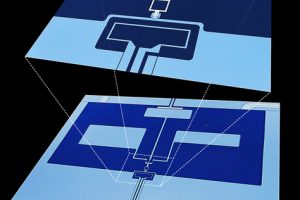
Q-STAR will invite the participation of diverse industries that support its objectives and initiatives, and will collaborate with industry, academia, and government in promoting initiatives that apply new technologies, and establishing related technology platforms.
Q-STAR’s concerns include reassessments of basic principles and laws related to quantum technology, carrying out surveys and making recommendations on its applicability and on necessary industrial structures, systems, rules, etc.
Q-STAR will also aim to establish a globally-recognised platform that will promote collaboration with other organisations around the world working in quantum technology.
The main activities of Q-STAR are:
1. Investigate and research trends in quantum technology
Investigate and research general trends in quantum technology, and share information among top management within industry
2. Investigate, research, and propose industrial applications of quantum technology
Investigate and research applicability in multiple fields
3. Investigate and examine quantum-related technologies
Investigate, examine and share information on materials and devices required for quantum technology
4. Investigate, plan, and make proposal for required human resources
Investigate, plan, make proposals and exchange opinions on how to develop the human resources needed to make full use of quantum technology
5. Investigate and examine systems and rules
Investigate and examine necessary information on intellectual property and standardization, ethics and trust required for the implementation of quantum technology
6. Collaborate with quantum-related organizations in Japan and overseas
Cooperate with other organizations, both domestic and overseas, working in quantum-related areas, in order to promote Q-STAR’s objectives
7. Others
Raise public awareness, make policy recommendations, etc.
Activities of the Subcommittees:
Q-STAR will identify areas to investigate in information and communication technology (quantum computing, quantum cryptography, etc.), basic technologies (materials, devices, etc.), important application areas (quantum materials, quantum biology/ medicine, quantum biotechnology, quantum sensors, quantum AI, etc.), human resources, systems and rules, etc., and establish further subcommittees as necessary.
A subcommittee on Quantum Wave and Quantum Probability Theory Applications is tasked with exploring the creation of new industries using quantum amplitude estimation and optimization. The objective is to create industries with the potential to become mainstays in various areas while also spanning multiple industries, including the financial sector, which has a close affinity with these technologies.
A subcommittee on Quantum Superposition Applications is tasked with taking a broad view of the systems, services, and businesses created by the application of quantum superposition, the most important capability of quantum computers. It will also examine changes in existing industries and industry structures that will result. By collaborating with users and vendors to draw a new image of society, the aim is to create new industries that will become future pillars and mainstays of industry, and that span multiple industries.
A subcommittee on Optimisation and Combinatorial Problems is tasked sked with using quantum-inspired computing technology (Ising Machine) that almost instantaneously selects the optimum solution from among an enormous number of combinations to solve diverse problems facing industry in areas including real-time prediction, efficiency, and optimization.
A subcommittee on Quantum Cryptography and Quantum Communications is tasked with examining business use of quantum cryptography communication, a technology already available, and aim to open up a future pioneered by communications that guarantee information-theoretically security
 Electronics Weekly Electronics Design & Components Tech News
Electronics Weekly Electronics Design & Components Tech News


